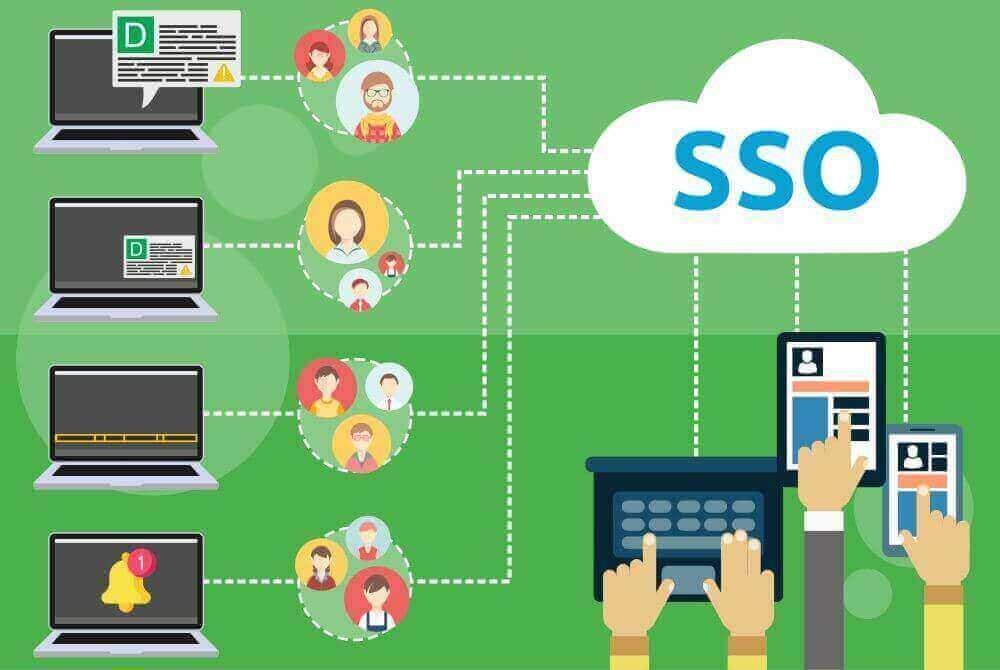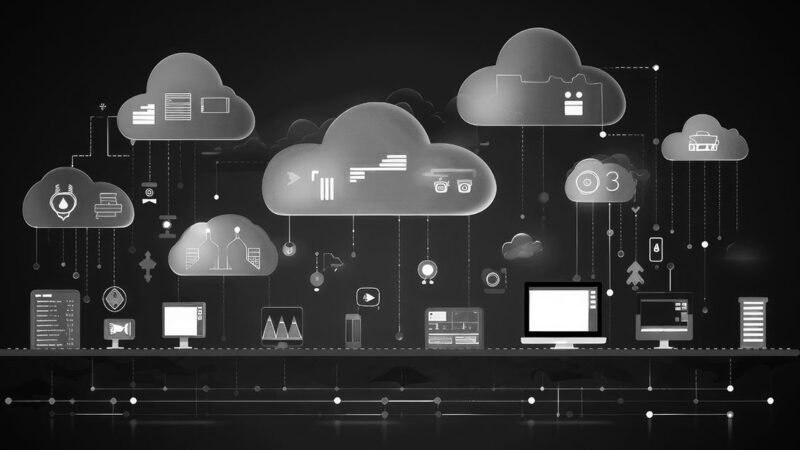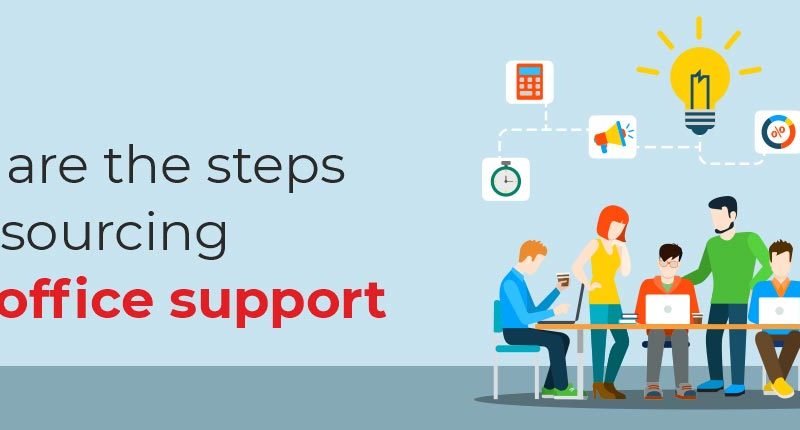What is SSO and how does it help me in the security of my company?

Do you have a company and would like to go over some basic cybersecurity concepts? Well, we have the “word” of the day: Single Sign-On (SSO).
We believe that you are at the perfect time to learn a little more about SSO. Above all, after having seen how the contracting of cloud services by companies and individuals has multiplied in recent years.
What if. This is great news because this has allowed us to store and use tools that we do not need to install on our work equipment and adjust the cost to what we really need. But … When working with different applications from various manufacturers, among other things, we have run into a new problem, that of authentication over and over again in each of these tools.
Who is in charge of this task? Where do you store your passwords? Do you use a different password and user for each application?
Authentication protocols are changing!
What is SSO (Single Sign-On)
It means ‘single sign-on’, ‘unified’ or ‘single authentication’. SSO is an authentication procedure where the user is enabled to access multiple systems, resources or applications with a single identification based on a single “user” and “password”. This makes it easy and fast for users to log in, increasing the convenience of using electronic resources.
10 advantages that you did not know about SSO in your company
What does a person do to access a system? Enter a key and password. And to access 15 applications? Should you identify and remember 15 different keys? The answer is NO, because that is what single authentication is for, a single service with many advantages.
A password here, a password there. Passwords everywhere. In other words, it is a hassle for your employees to have to access all the systems they need. Why not let them log in just once and safely remove the barriers?
The main advantages of SSO are:
- Users can easily authenticate and personalize systems without having to transmit personal data over the web.
- It ensures the authentication of workers in their access to applications and other resources during teleworking.
- Increase company security and facilitate employee access to various systems.
- It is a fast and secure way to connect the right people with the corresponding company and the applications of the different collaborators.
- Facilitates access to multiple portals, systems, applications or other resources.
- It has an intelligent security layer, a common access policy and extensive support for different authentication systems.
- Save time by speeding up user access to different applications.
- Reduces the burden of memorizing different passwords and usernames.
- Facilitates deployment and connection to new data sources.
- It’s a convenient process, which not only reduces the chances of forgetting passwords, but also increases employee productivity.
The use of multiple passwords harms the security of companies. On the contrary, if employees only use one access key, they avoid the most common mistakes that affect cybersecurity, such as: passwords that are too short and easy, using the same for different accounts or using key generators.
What are the characteristics of SSO?
When one of your employees wants to log into various internet services to perform a task, it is common for them to enter the access data for each of them. On the other hand, if he signs up for an SSO service, he will no longer have to deal with this task. A software will do it automatically for him.
This is possible thanks to the characteristics of the Single Sign-On system:
- Simplicity in management. User data and password synchronization to simplify access to different applications.
- Easy to use. They avoid interruptions caused by access requests and improve the user experience.
- Security and transparency. The automation of the login increases transparency and improves the security of the network and the applications used.
Gmail, Google Docs, Google Maps, OneDrive, WordPress … How many applications do you use in your day to day? With a Single Sign-On identification system it is possible to have multiple accesses through a single account.
Start using it now!
But … does it have risks?
Indeed it does. If someone got a username / password, they could easily access all the systems that SSO enables. Thus, to avoid this, it will be necessary to reinforce the authentication mechanism for local users, but also and especially for remote users.






